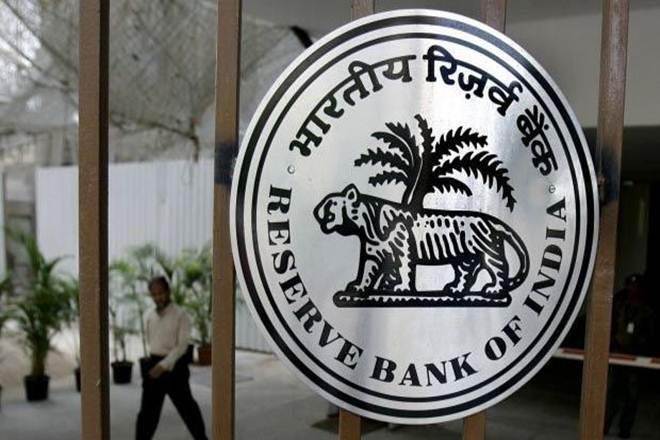Even as the corporate bond markets grapple with illiquidity, banks have so far borrowed Rs 4,000 crore from the Rs 50,000-crore corpus meant for loans to mutual funds (MFs) or purchases of bonds from their portfolios. On Monday, the Reserve Bank of India (RBI) opened a special liquidity window to loan money to banks that could be used to help MFs tide over redemption pressures. The window was announced after the markets were roiled by news, last Thursday, of Franklin Templeton MF winding up six of its debt funds amid mounting redemptions. It will remain open till May 11.
So far, only large state-owned banks are understood to have used the window. That’s because only borrowers that have excess government securities — over and above needed to maintain the statutory liquidity ratio — can access the funds.” It’s public sector banks that have that kind of liquidity,” a market watcher explained. Banks parked excess liquidity worth Rs 7.57 lakh crore with RBI on Tuesday.
Meanwhile, mutual funds are believed to be selling perpetual bonds in the secondary market readying themselves for redemption pressures. These are being bought, market watchers said, by private sector banks. The yields range anywhere between 8.72% and 16.55%, data on NSE shows. Perpetual bonds are debt instruments that do not have a fixed maturity date.
According to data available on NSE, perpetual bonds of State Bank of India, Bank of Baroda, Axis Bank, HDFC Bank, Punjab National Bank, Canara Bank, Punjab and Sind Bank, Andhra Bank, IndusInd Bank and Union Bank of India were traded. The yields on these trades varied between 8.72% and over 16%. Perpetual bonds of IndusInd bank traded at 16.55%, NSE data shows.

